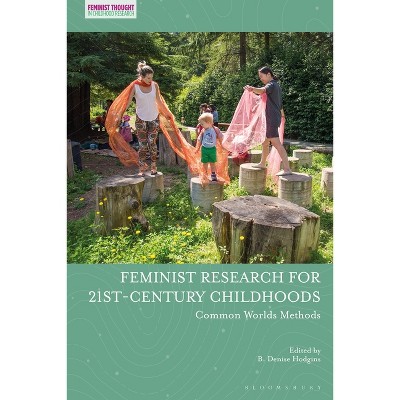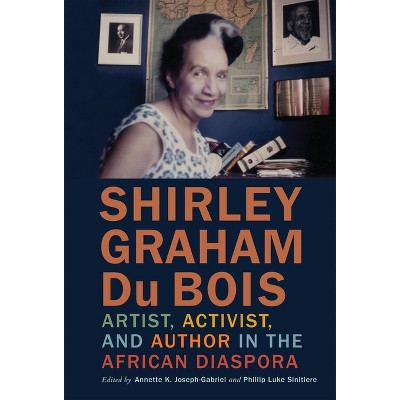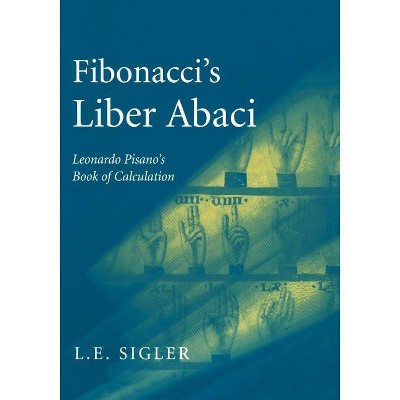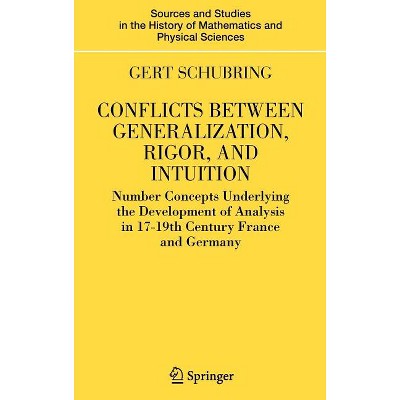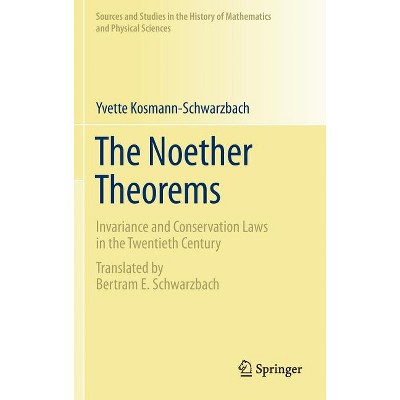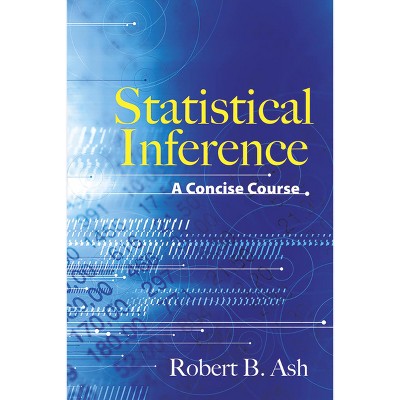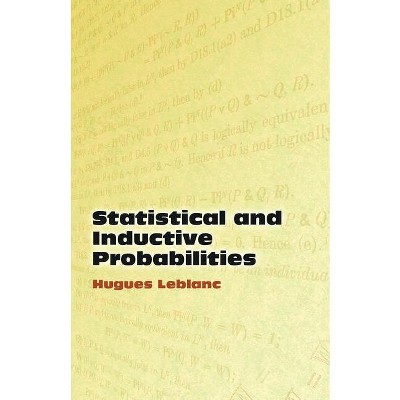Sponsored

A History of Parametric Statistical Inference from Bernoulli to Fisher, 1713-1935 - (Sources and Studies in the History of Mathematics and Physic)
In Stock
Sponsored
About this item
Highlights
- This book offers a detailed history of parametric statistical inference.
- Author(s): Anders Hald
- 225 Pages
- Mathematics, History & Philosophy
- Series Name: Sources and Studies in the History of Mathematics and Physic
Description
About the Book
Covering the more than 200 year period between James Bernoulli and R.A. Fisher, this book offers a detailed history of parametric statistical inference. Lively biographical sketches of many of the main characters are featured throughout.
Book Synopsis
This book offers a detailed history of parametric statistical inference. Covering the period between James Bernoulli and R.A. Fisher, it examines: binomial statistical inference; statistical inference by inverse probability; the central limit theorem and linear minimum variance estimation by Laplace and Gauss; error theory, skew distributions, correlation, sampling distributions; and the Fisherian Revolution. Lively biographical sketches of many of the main characters are featured throughout, including Laplace, Gauss, Edgeworth, Fisher, and Karl Pearson. Also examined are the roles played by DeMoivre, James Bernoulli, and Lagrange.
From the Back Cover
This is a history of parametric statistical inference, written by one of the most important historians of statistics of the 20th century, Anders Hald. This book can be viewed as a follow-up to his two most recent books, although this current text is much more streamlined and contains new analysis of many ideas and developments. And unlike his other books, which were encyclopedic by nature, this book can be used for a course on the topic, the only prerequisites being a basic course in probability and statistics.
The book is divided into five main sections:
* Binomial statistical inference;
* Statistical inference by inverse probability;
* The central limit theorem and linear minimum variance estimation by Laplace and Gauss;
* Error theory, skew distributions, correlation, sampling distributions;
* The Fisherian Revolution, 1912-1935.
Throughout each of the chapters, the author provides lively biographical sketches of many of the main characters, including Laplace, Gauss, Edgeworth, Fisher, and Karl Pearson. He also examines the roles played by DeMoivre, James Bernoulli, and Lagrange, and he provides an accessible exposition of the work of R.A. Fisher.
This book will be of interest to statisticians, mathematicians, undergraduate and graduate students, and historians of science.
Review Quotes
From the reviews:
"In this very enjoyable and interesting book, Hald ... presents his subject in a very lively style; many ideas and developments in statistics are treated with great clarity. It is very suitable as a course resource in history of statistical inference ... . Throughout, the author provides brief biographical sketches of researchers whose contributions to statistics are included here. ... A very useful and valuable work on the history of statistical inference. ... Summing Up: Highly recommended. Lower- and upper-division undergraduates through faculty." (D. V. Chopra, CHOICE, Vol. 44 (11), July, 2007)
"This is a useful account of the historical development of the theory that underlies the empirically observed stability of data averages for large samples and how their precision may be measured. ... The resultant book is a suitable text for a one-semester course on what is arguably the core piece of statistical history." (C. C. Heyde, SIAM Review, Vol. 50 (1), 2008)
